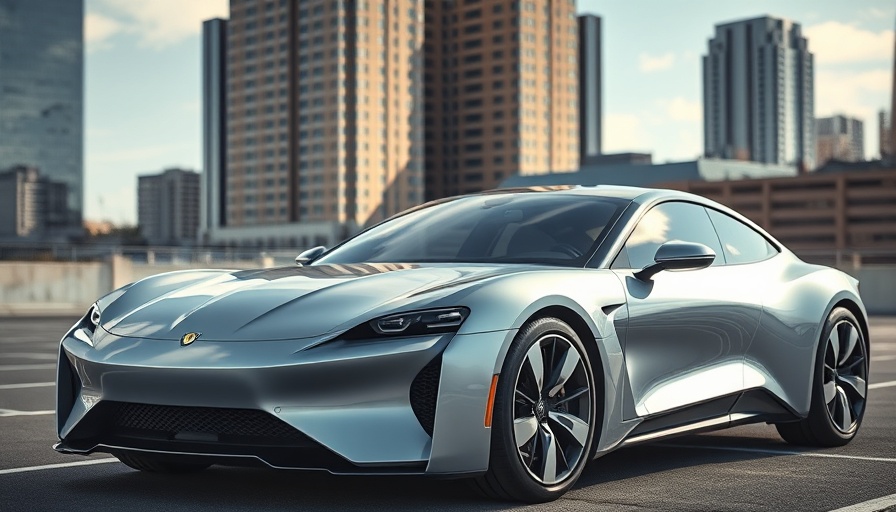
Understanding Electric Vehicle Battery Systems
The story of the long-term Hyundai Ioniq 5 highlights an important aspect of electric vehicles (EVs): the reliance on multiple battery systems. While many consumers focus on the high-voltage battery that powers the vehicle, it is imperative to understand the equally vital 12-volt battery that supports many of the car's ancillary systems, such as lighting and audio. This dual-battery setup can lead to unexpected complications, illustrated by our experiences with the Ioniq 5.
Common Issues with Low-Voltage Batteries
The first incident of our 12-volt battery dying while parked at the office was unexpected but not unheard of. Initially, we believed it was a one-off glitch, but a second failure confirmed that there was a deeper issue at play. Problems with the low-voltage circuit are common in modern electric vehicles and can lead to immobilization. Understanding how these systems function and their maintenance is crucial for all EV owners.
The Importance of Recalls and Regular Maintenance
On visiting the Hyundai dealer, we discovered that recalls are paramount in addressing potential faults in EV technology. In our case, two recalls were performed to tackle the malfunctions in the 12-volt system, ensuring we wouldn't be left stranded again. One recall fixed a software issue related to the 'limp mode,' while the other involved replacing a potentially defective control unit that could fail under certain conditions. Ignoring these notifications could lead to significant inconveniences for owners.
What This Means for Dealership Owners
For dealership owners and generals managers, these insights provide valuable lessons on the needs of electric vehicle owners. Proactive communication about recalls and regular maintenance can enhance customer trust and loyalty. Understanding the intricacies of car batteries—both high-voltage and low-voltage—can help dealers offer better advice and service to their customers, much like customer education in sales training can lead to better outcomes.
Preparing for the Electric Future
The Ioniq 5's experiences underline the vital shift in the automotive industry toward electric vehicles. With the potential for system failures and the need for maintenance, dealerships must embrace a future where knowledge and support for electric cars are standard. As more consumers transition to EVs, having comprehensive training and understanding of potential issues can be a significant competitive edge.
Dealerships should consider implementing workshops or informational sessions for customers on the importance of battery health and recall awareness. Providing actionable insights on how to care for an EV can bolster dealership reputation and customer satisfaction.
In summary, navigating the world of electric vehicles requires vigilance, regular maintenance, and a proactive approach to customer service. By addressing battery issues and ensuring compliance with recalls, dealerships can foster stronger relationships with their customers, ensuring that their electric journeys are smooth.
As you continue to engage in the evolving automotive landscape, prioritize continuous learning and customer education to adapt to new challenges and enhance your business strategies.
 Add Row
Add Row  Add
Add 

 Add Row
Add Row  Add Element
Add Element 




Write A Comment